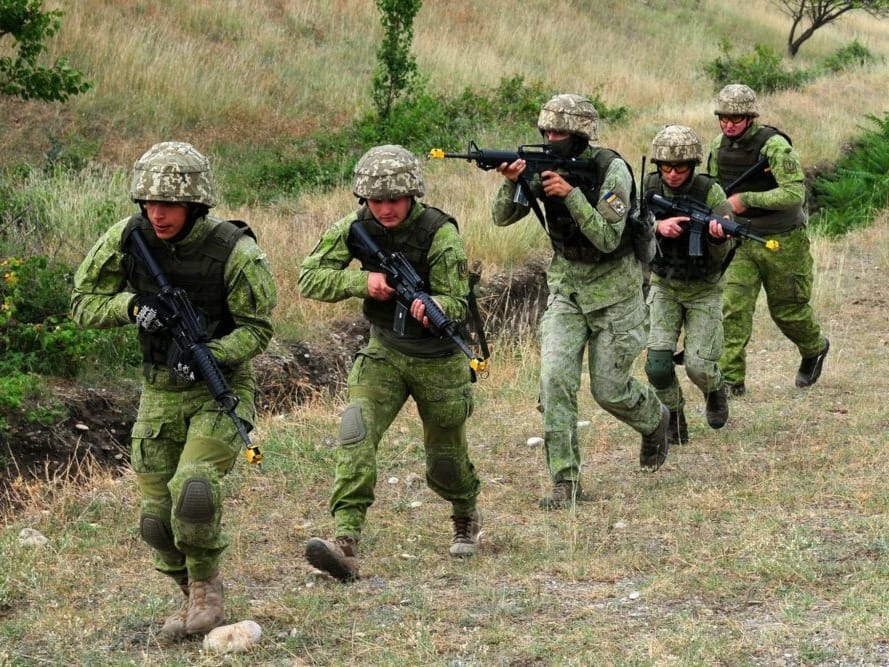WASHINGTON (AN) — Foreign meddling in conflicts, U.S.-China trade tensions and global warming topped the concerns of leading international organizations at the end of 2018.
"These are anxious times for many and our world is undergoing a stress test," U.N. Secretary-General António Guterres said in an end-of-year message.








